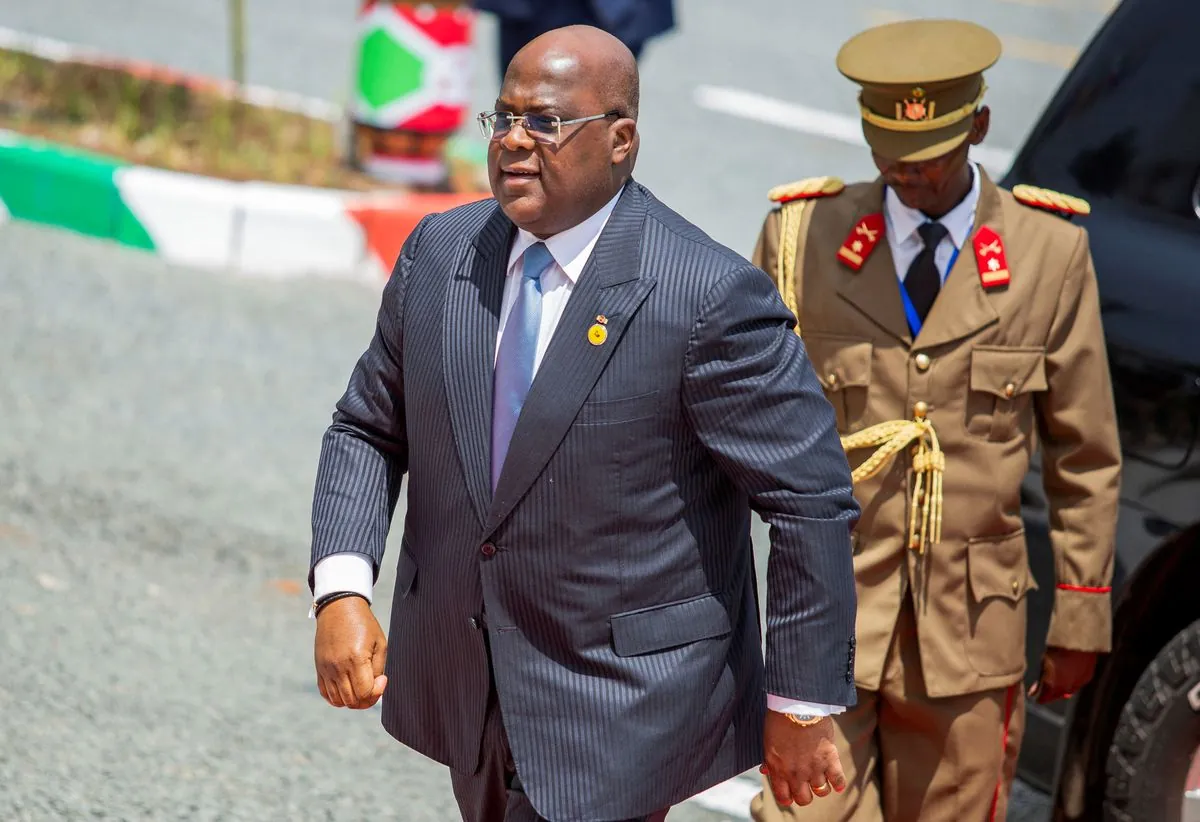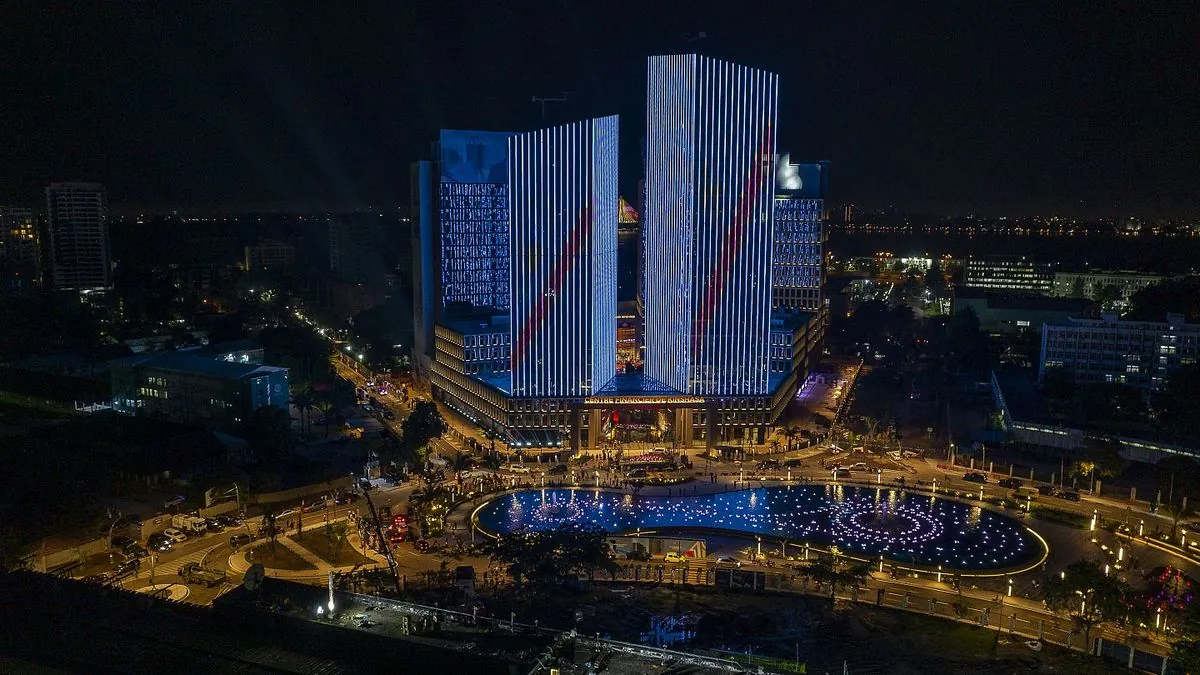U.S. Citizens Face Death Sentence in DRC for Alleged Coup Involvement
Two American nationals have been sentenced to death by a military court in the Democratic Republic of Congo for their alleged participation in a failed coup attempt. The incident highlights ongoing political instability in the resource-rich nation.

In a recent development that underscores the ongoing political volatility in the Democratic Republic of Congo (DRC), two U.S. citizens have been sentenced to death by a military court for their alleged involvement in a failed coup attempt. This event, which occurred on September 13, 2024, has drawn international attention to the complex political landscape of the second-largest country in Africa.
The coup attempt, which took place on May 19, 2024, involved a brief occupation of a presidential office in Kinshasa, the capital city. Kinshasa, notably, is the largest francophone city in the world, reflecting the country's colonial history with Belgium. The DRC gained independence from Belgium in 1960, marking the beginning of a tumultuous political journey.

The leader of the coup attempt was identified as Christian Malanga, a U.S.-based Congolese politician who was killed by security forces during the incident. Malanga's son, one of the U.S. citizens sentenced to death, reportedly claimed during the trial that his father had coerced him into participating under threat of death.
This incident is not isolated in the DRC's history, as the country has experienced multiple coups and attempted coups since gaining independence. The nation's rich natural resources, including vast reserves of cobalt, copper, and diamonds, have often been a factor in its political instability and conflicts.
The DRC's legal system, which is a mixture of civil law, common law, and customary law, allows for capital punishment. However, the country has been under a moratorium on executions since 2003. The sentencing of U.S. citizens to death is likely to draw significant international scrutiny and potentially strain diplomatic relations.
This event occurs against a backdrop of ongoing challenges in the DRC. The country has been under a UN peacekeeping mission since 1999, reflecting the persistent security concerns, particularly in the eastern regions. Despite its vast natural wealth, the DRC has one of the lowest GDP per capita in the world and one of the highest rates of internally displaced persons globally.
The political landscape of the DRC is further complicated by its diverse population, comprising over 200 ethnic groups and more than 700 local languages and dialects. This diversity, while a potential source of cultural richness, has also contributed to internal tensions and conflicts.
As the international community watches closely, this incident serves as a reminder of the ongoing struggles for stability and governance in the DRC, a country that not only holds significant economic potential but also plays a crucial role in global environmental conservation as home to the world's second-largest rainforest.


































